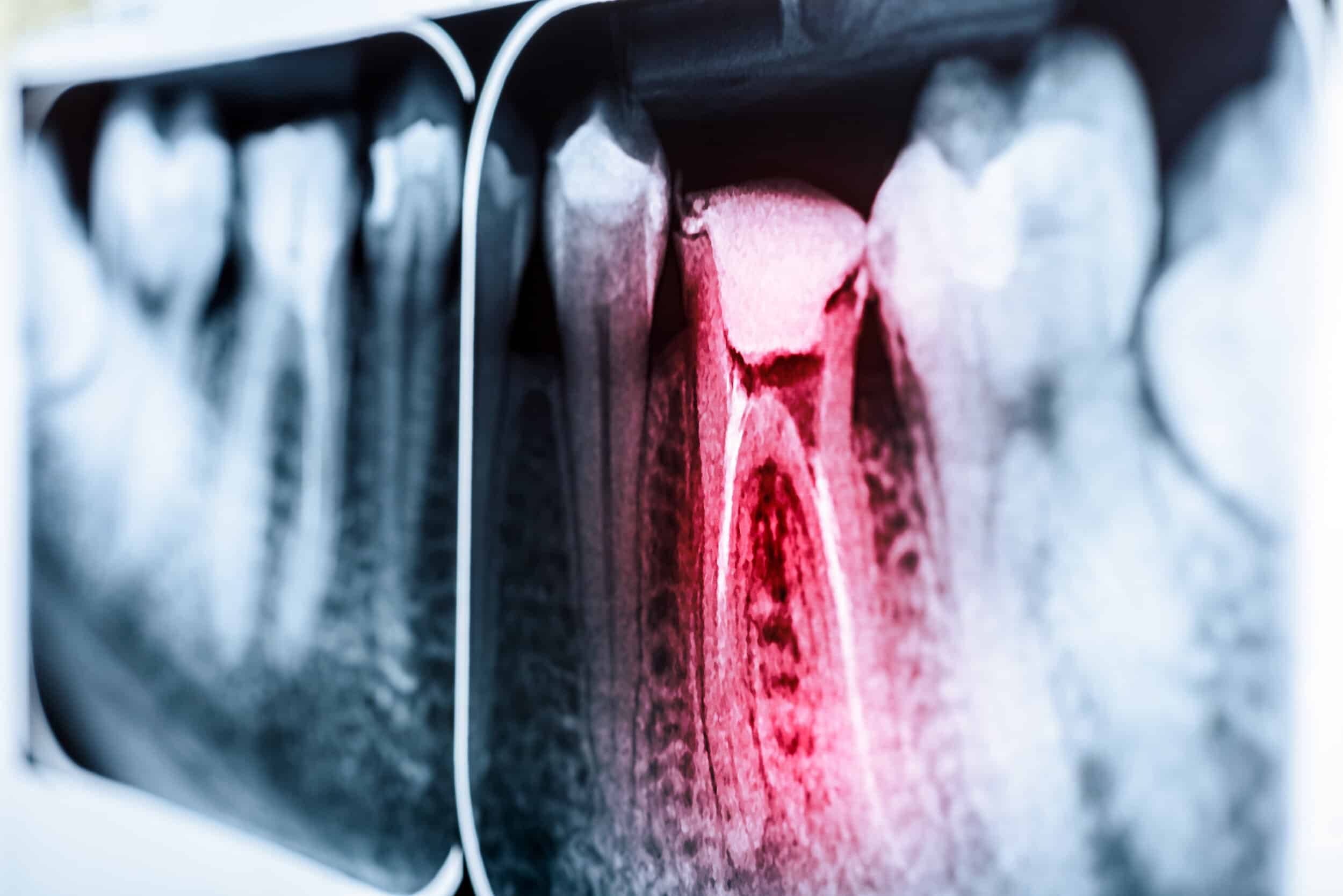When many people hear the words “root canal,” they assume the procedure is painful and are afraid to seek treatment. In reality, root canal procedures are similar to having a cavity filled. Thanks to modern techniques and local anesthesia, a root canal is a safe and effective treatment that is designed to repair and save a tooth that is infected or badly decayed.
Symptoms
Though not every type of dental pain is an indication that you need a root canal, there are a few telltale signs that, if felt or observed, may require a call to our office, including the following:
· Severe tooth pain while chewing or biting, or when pressure is applied to the area
· A small, pimple-like bump near the tooth
· Extra sensitivity to hot or cold, or lingering sensitivity to hot or cold
· Swollen and/or tender gums
· Darkening of the tooth
Causes
Root canals are needed for a variety of reasons, including a deep cavity, a cracked tooth, or even genetics. The center of every tooth contains pulp, which is made up of nerves, blood vessels, and connective tissue. When the pulp is damaged, it begins to break down and bacteria begins to grow, leading to an infection or an abscessed tooth. An abscess is a pus-filled pocket that forms at the end of a tooth’s root.
What Is the Procedure Like?
If it is determined that you need a root canal, Dr. Ericksen will begin by taking an x-ray to determine the severity and extent of the infection, and to see if there are signs of infection in the surrounding tissue or bone. You will be given a local anesthetic to numb the area, and a rubber dam will be placed around the tooth to keep it dry during the procedure.
Next, Dr. Ericksen will drill an access hole into the tooth to remove the pulp and bacteria. The insides of the tooth will be scrubbed and cleaned with water or sodium hypochlorite to flush away the debris. After the interior of the tooth is thoroughly cleaned, it will be filled with rubber compound, and a filling will be placed over the access hole.
Because a tooth that requires a root canal is typically one with extensive decay, a crown or other tooth restoration is usually required. This is will protect what is left of your tooth, and will help prevent future toothaches. While you may experience some soreness or discomfort following the procedure, over-the-counter pain relievers can help.
While we work hard to help people avoid root canals in the first place through routine dental exams, root canals remain a safe and predictable way for patients to keep their own teeth, while eliminating pain and infection in the process. The sooner you take care of the issue, the simpler the treatment usually is, so we encourage you to seek care as early as possible. Dr. Ericksen and the CORE Dental team are dedicated to offering you a comfortable dental experience, while ensuring that you leave our office happy with the quality of work we provide. If you have questions about root canals, procedure costs or anything in between, stop into our office or give us a call at (406) 652-9100!









